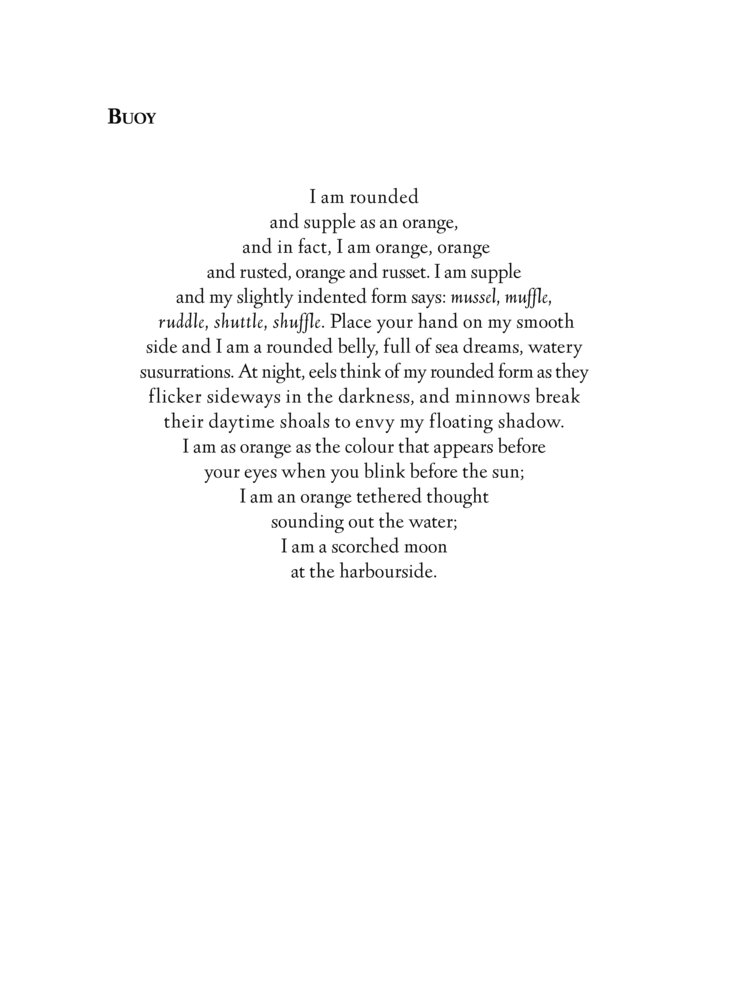4.1 miles
marshall loop
63 degrees
humidity: 89%
Cooler, but I could feel the humidity. Felt strong. I think all of the swimming this summer strengthened my legs and core, which is very helpful. I’d like to figure out how to keep it up this fall and winter. Heard the rowers as I ran down the east river road, then saw them lined up in the water, receiving instruction from the coxswain. Heard lots of other voices in the gorge, near the Monument and Shadow Falls. People hiking? exploring? checking out the falls, which only appear after it rains (which it did the past few days)? Encountered lots of runners and walkers. No roller skiers. I’m sure there were birds but I don’t remembering hearing them. I do remember looking at the river as I crossed the bridge–mostly, the rowers, but also that the river was calm and a blue gray. Not quite sunny yet, so no sparkling water. Anything else? No deep thoughts stayed with me, no fragments from a poem. I’m sure I thought about my son who Scott and I dropped off at college yesterday. Very excited for him.
As I write this entry a few hours after the run, I’m remembering that I thought briefly about the idea of approximate and a passage I read last night from Blind Man’s Bluff, a memoir by James Tate Hill about becoming legally blind at 16, and trying to hide it.
I can still see out of the corners of my eyes, but here’s the thing about peripheral vision: The quality of what you see isn’t the same as you see head-on. Imagine a movie filmed with only extras, a meal cooked using nothing but herbs and a dash of salt, a sentence constructed only of metaphors. To see something in your peripheral vision with any acuity, it has to be quite large.
Blind Man’s Bluff/ James Tate Hill
I thought about this passage when I was running because I’m bothered by his negative depiction of peripheral vision. Is the quality of vision solely based on clarity and sharpness? What value/quality of vision might we get from our side views and from images that are something less than 100% clear?
I find it helpful to read others’ descriptions of how and what they see. Hill’s vision is much worse than mine–even though the cones in my central vision are almost completely gone, my acuity in both eyes is surprisingly good and nowhere near legally blind. It seems as if the last few cones are doing all the work. Yet, even with my not-too-bad-yet vision, I struggle to see things like faces and eyes, read signs. Here’s an example from yesterday at the buffet lunch at my son’s college orientation: The food was put out on platters–watermelon, deli meat, cheese, bread, pasta salad–and you helped yourself. With my vision, I couldn’t tell what some of the food was–I had to ask Scott. I just couldn’t see it well enough. This often happens now when I’m eating a meal. I can’t quite (almost, but not enough) see what’s on the plate. I used to write about how I can’t tell if there’s mold on food, but now I can’t tell what the food is–unless I’ve prepared it myself. Not that big of a deal, but still frustrating.
Here’s another passage from the memoir that I appreciated:
The most frequent compliment heard by people with a disability is I could never do what you do, but everyone knows how to adapt. When it’s cold outside, we put on a coat. When it rains, we grab an umbrella. A road ends, so we turn left, turn right, turn around. We adapt because it’s all we can do when we cannot change our situation.
The other thing that I’ve already started to hear a lot as I lose my vision is: “you’re so brave!” I am not brave; I am good at adapting and learning to live with uncertainty. I am proud of how I’m handling my vision loss, but not because I’m being brave.
Returning to the theme of approximate, I’ve been trying to collect words, phrases that describe it: roughly, vague, almost, not quite, rough estimation, about, nearly, in the right zip or area code, in the ballpark, and the one that Scott mentioned the other day:
close enough for jazz
Had I ever heard this before Scott used it? He picked up the phrase from his jazz director in college, Dr. Steve Wright. Such a great phrase, one that I don’t see as criticizing jazz as sloppy, but celebrating it for its generosity.
